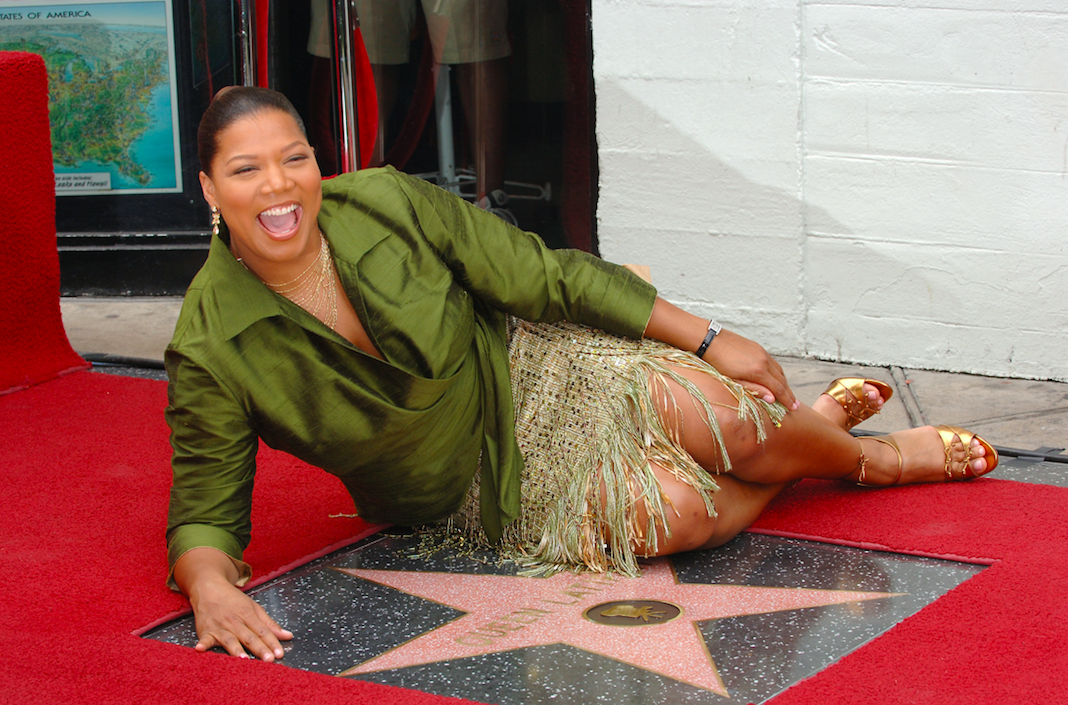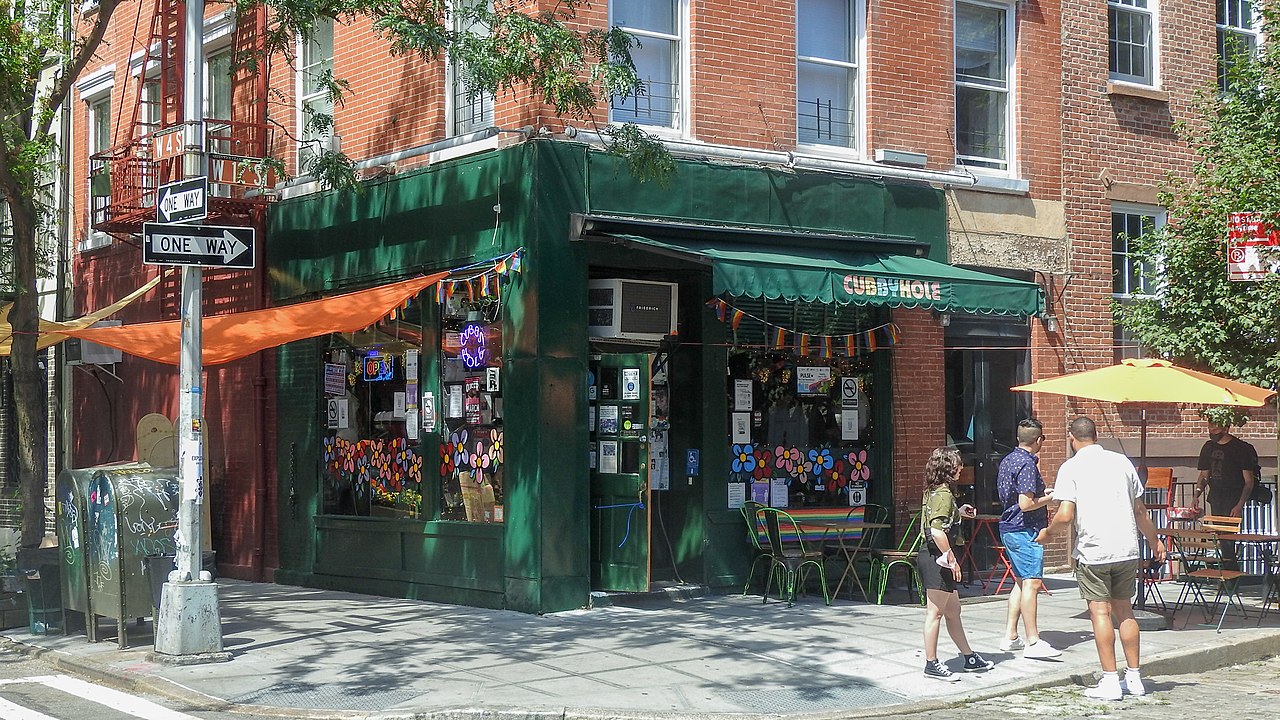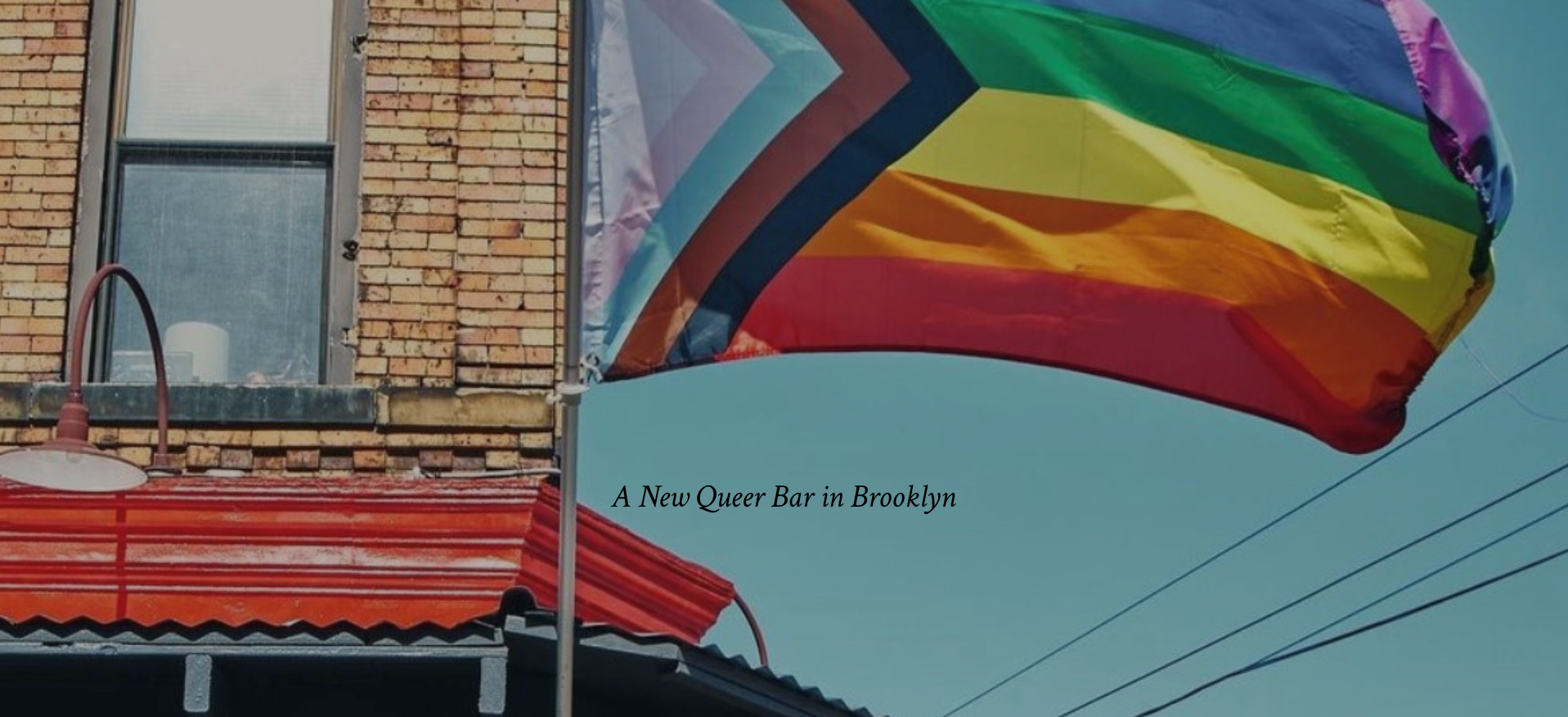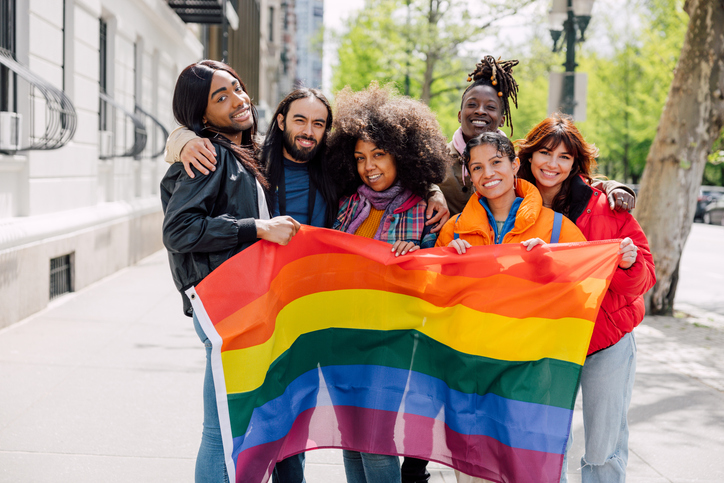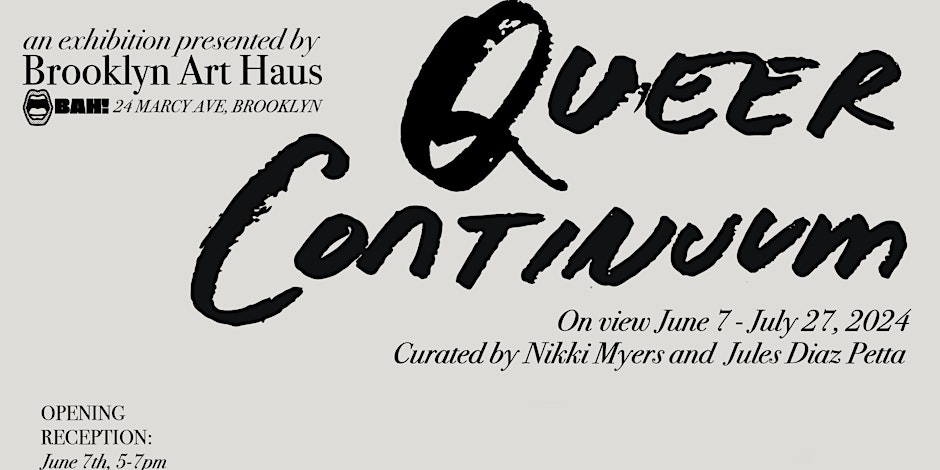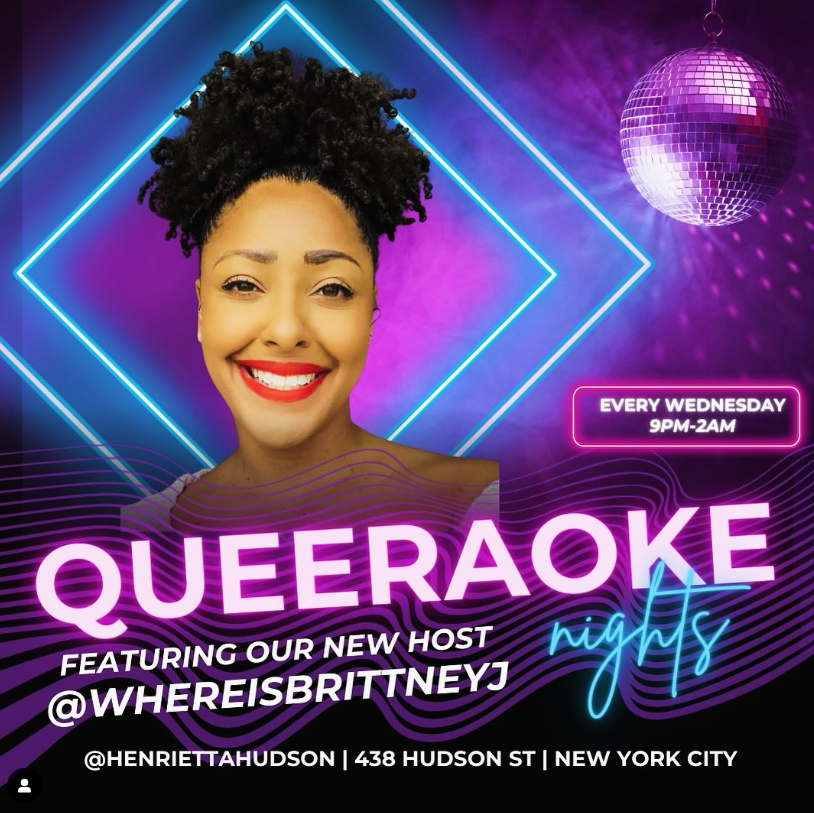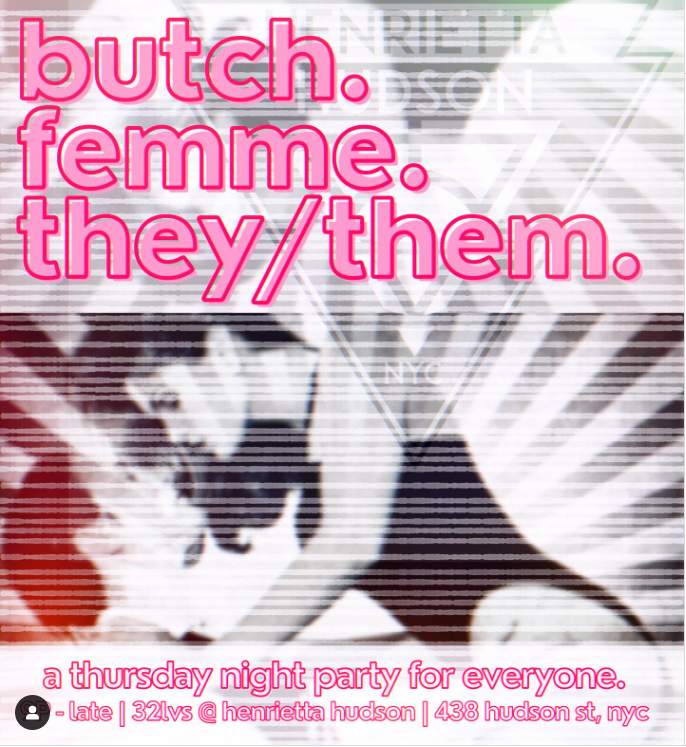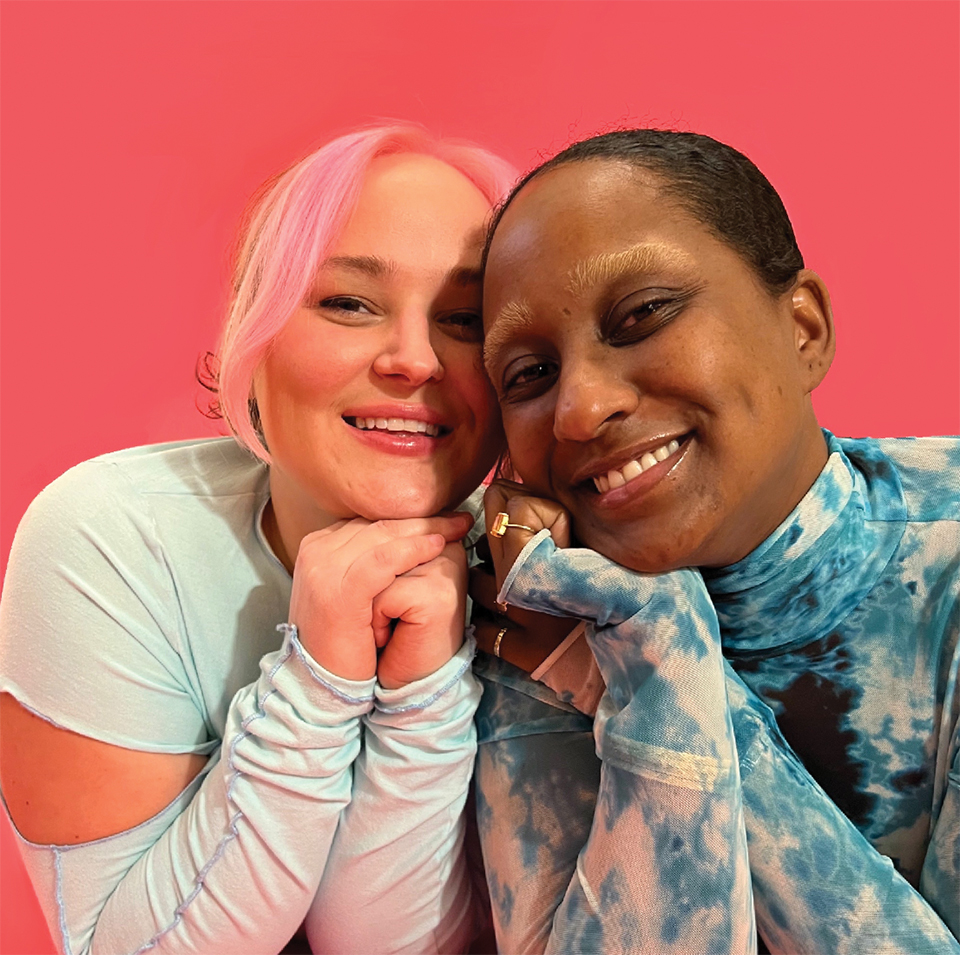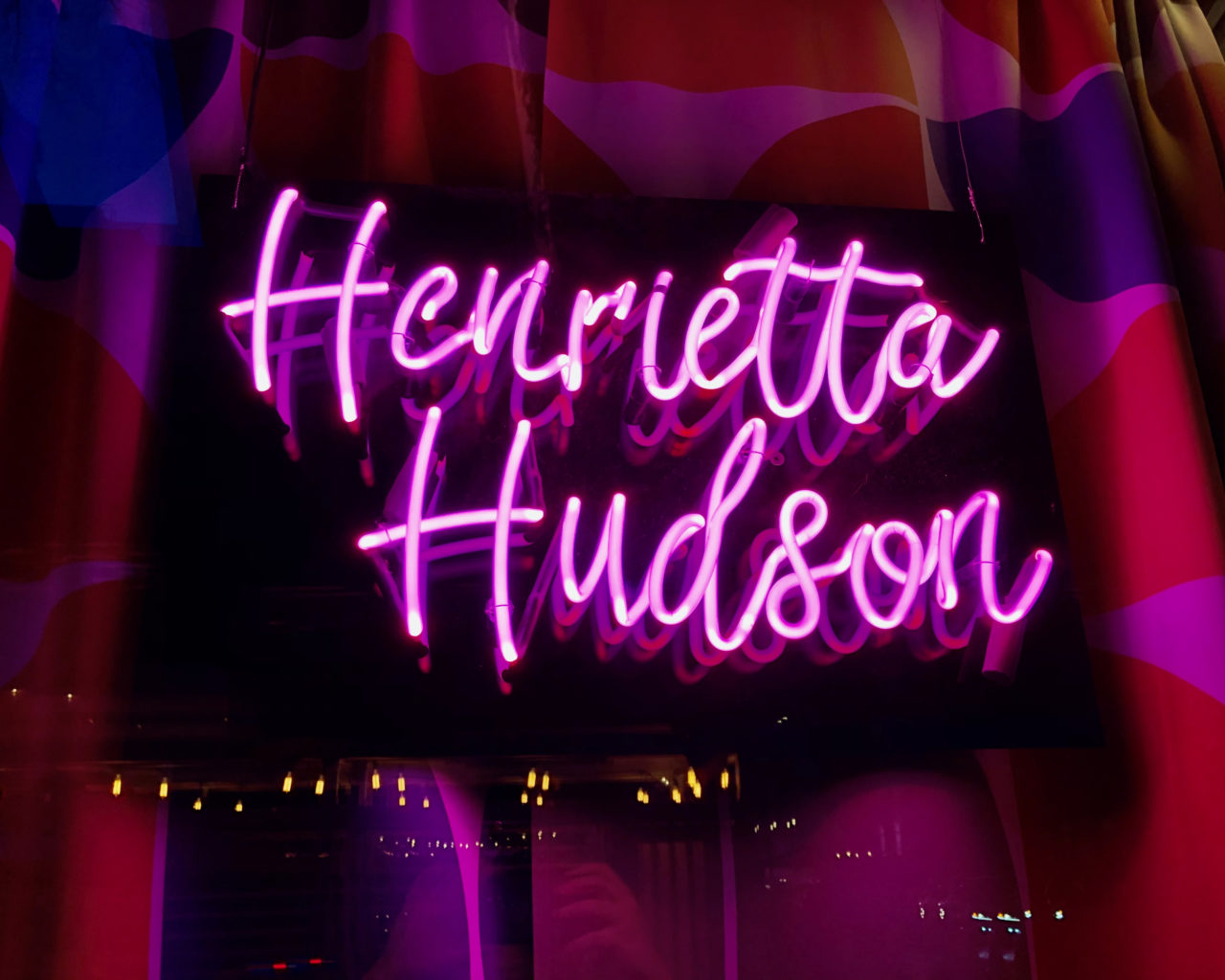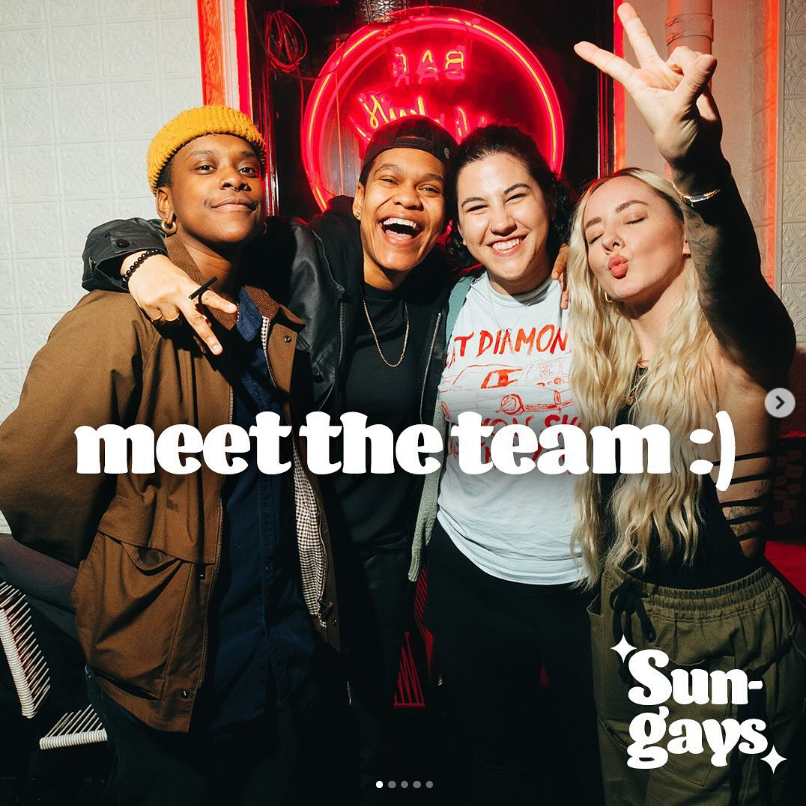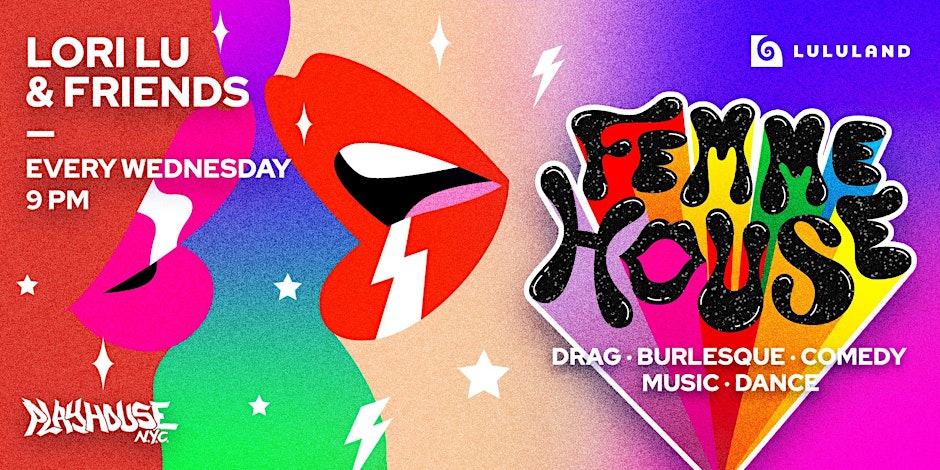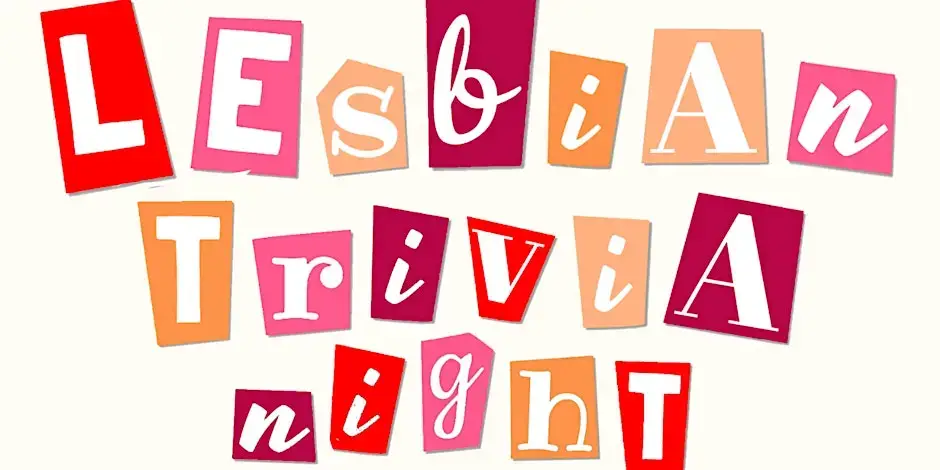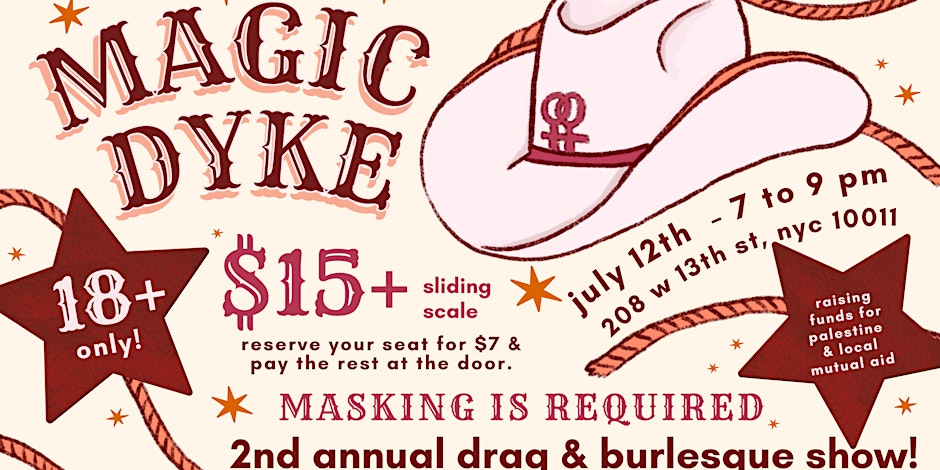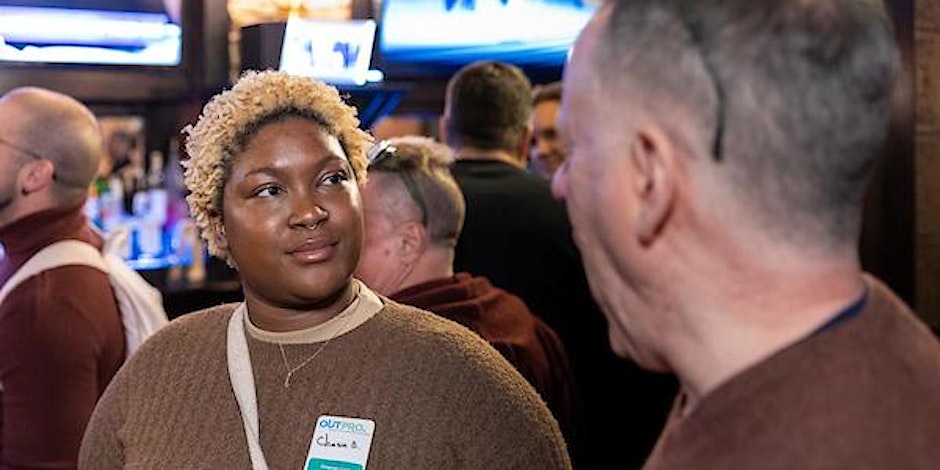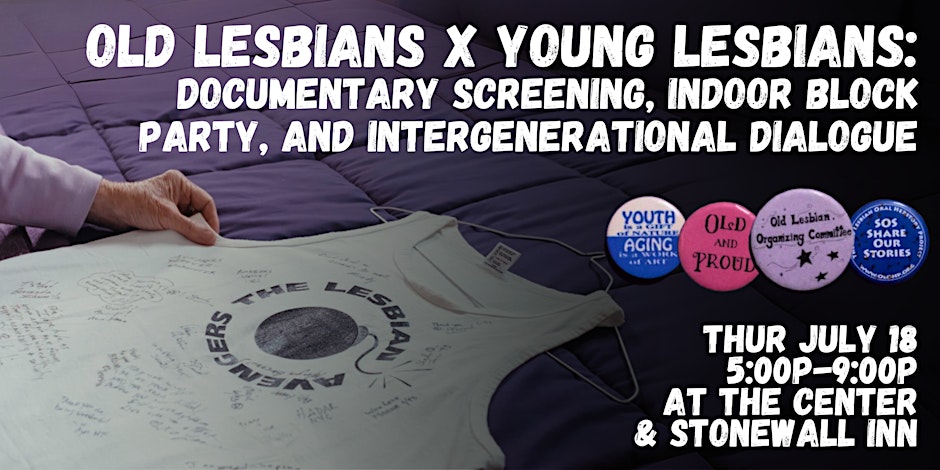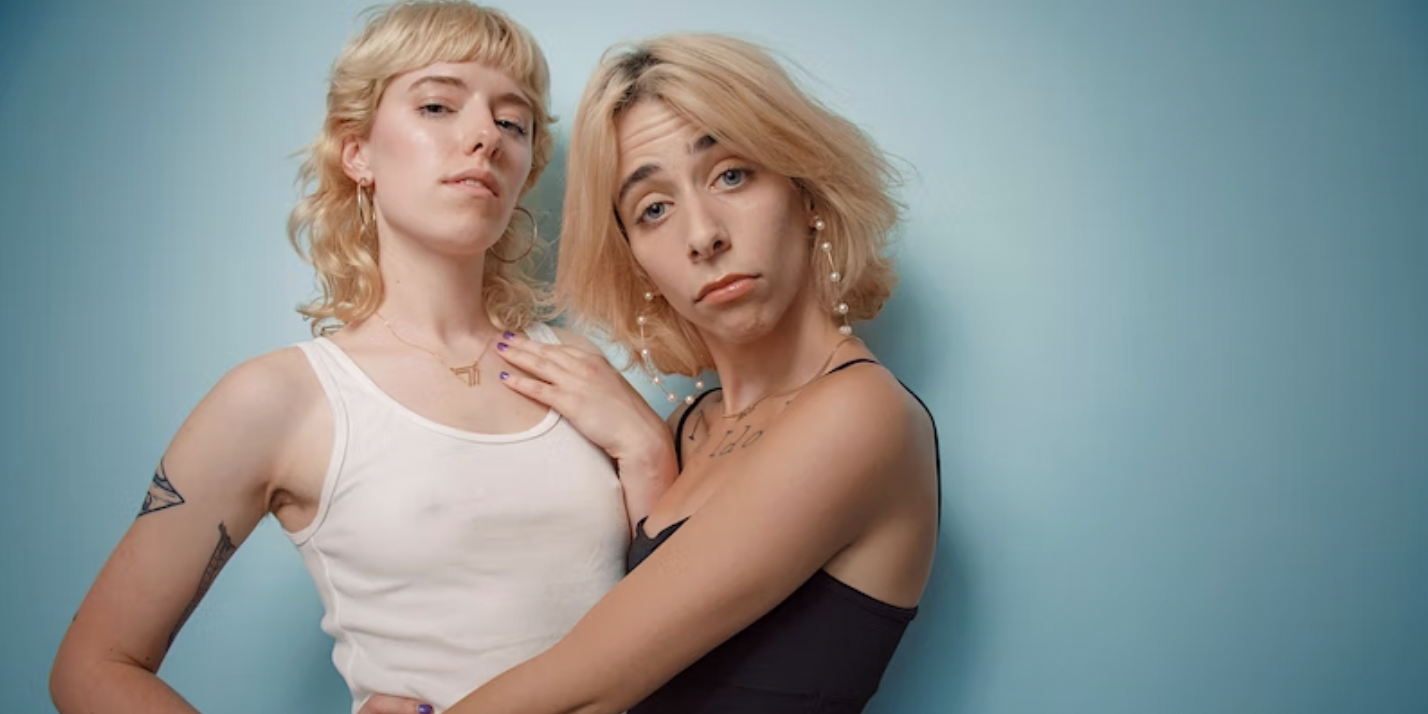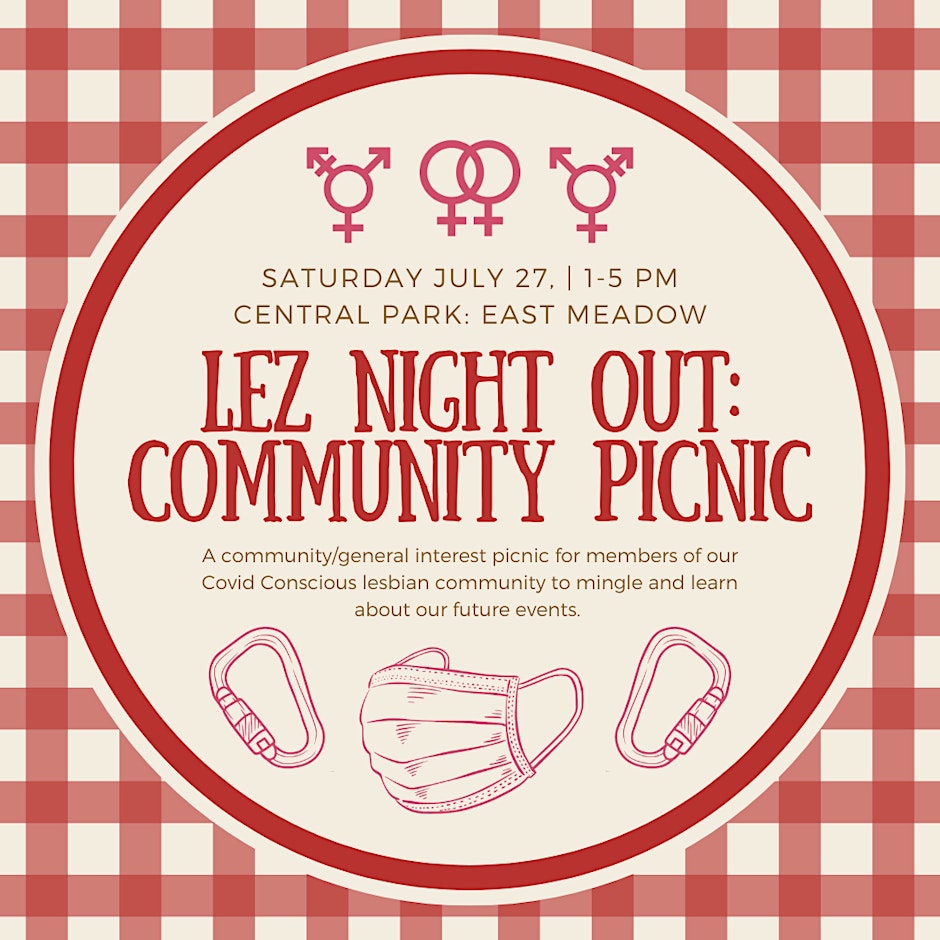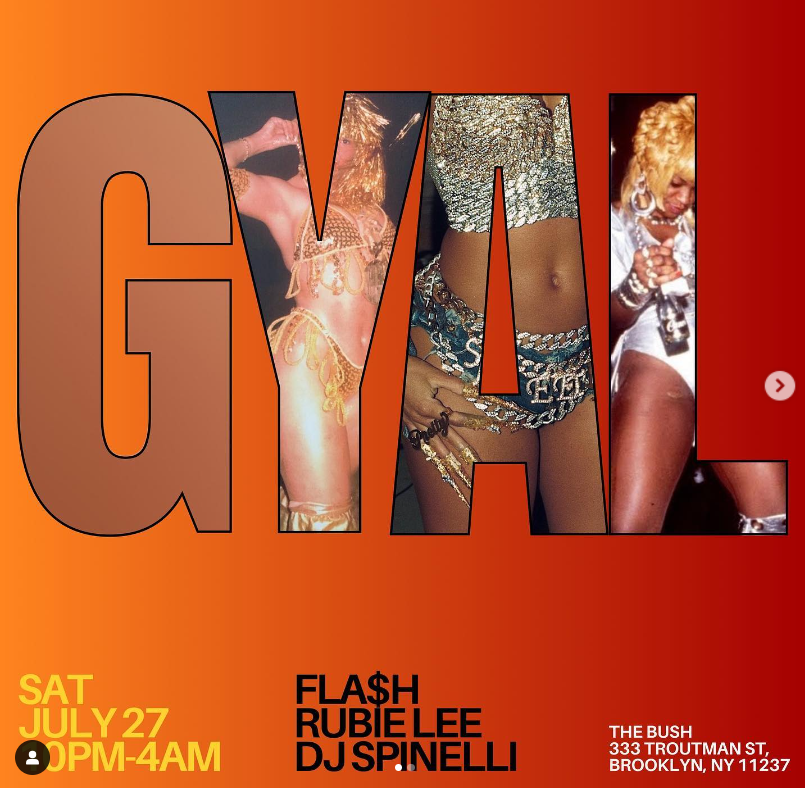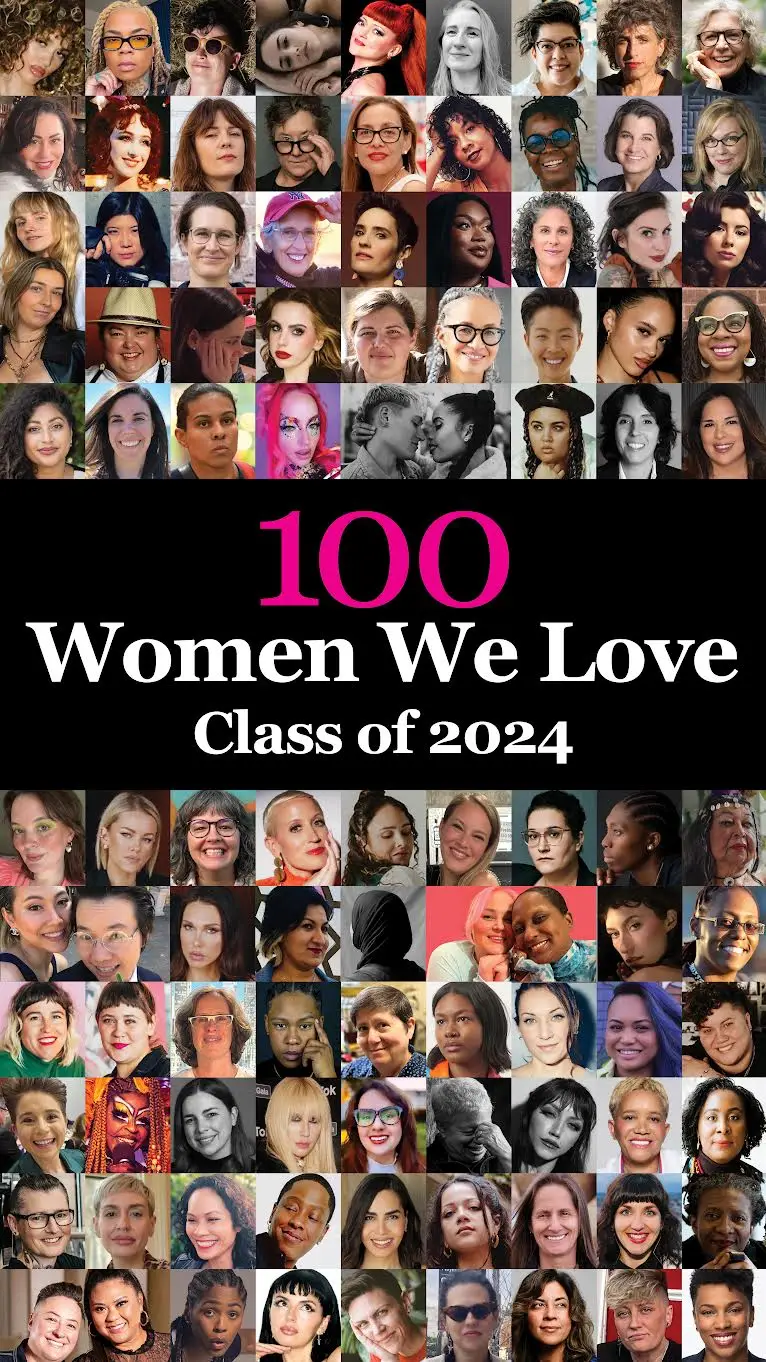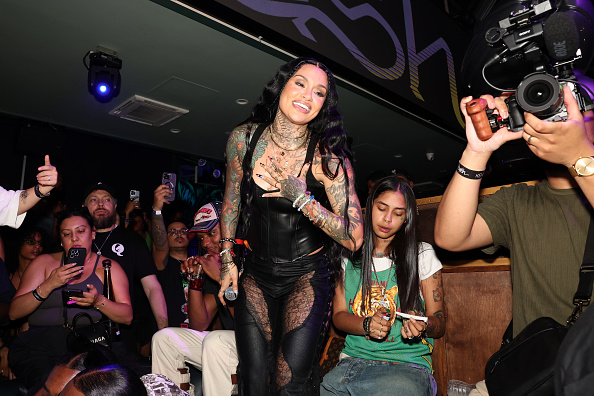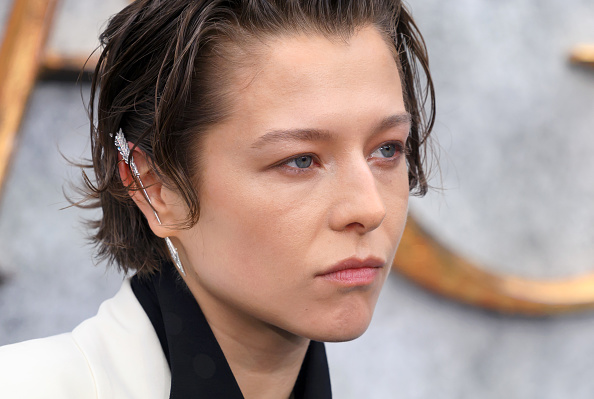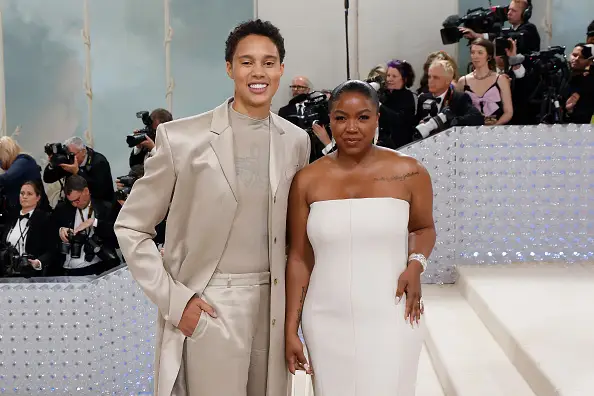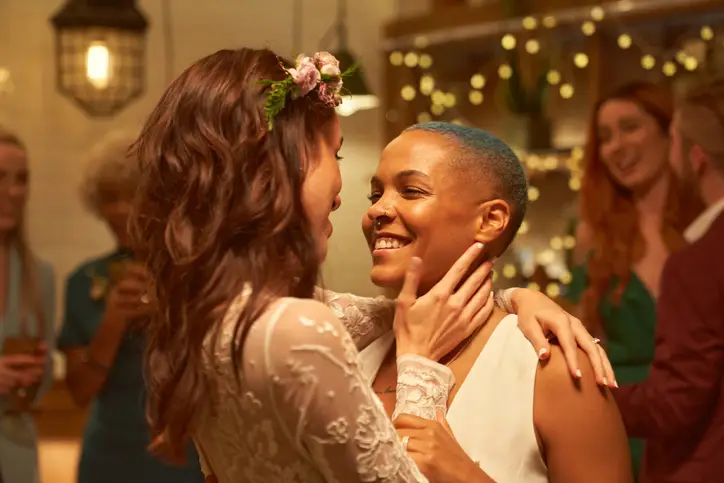Dear Queen Latifah,
As a child growing out of frilly socks and dresses with crinoline, I wondered what my style would be. The women around me were high femme, and that might have been the only image I would have had for myself if it weren’t for you. You showed me the expansive and boundless nature of womanhood and femininity. The roles you’ve played, including Khadijah in “Living Single” and Cleo in “Set It Off,” showed me that there are no limits to the ways I can express my own femininity. Your music let me know that you were paying attention and responding to what was happening around you, speaking directly to the hostility toward women in rap and calling for respect of all women in songs like “U.N.I.T.Y.” and “Ladies First.”
“Living Single” showed me Black friendship and success, and your embodiment of Khadijah helped me to learn what I couldn’t yet put into words. Seeing Khadijah run Flavor Magazine, intentionally focused on serving the urban community, was exciting. I was already reading voraciously and writing every chance I got, but a magazine? Publishing? I learned that it was possible to grow up and spend my days doing what I loved. I saw that I could write, edit, publish, and be a community leader.
Khadijah’s style had no boundaries. The prints were unmatched, yes, but the navigation of femininity was expert. No outfit was ever trying too hard. There were days of big t-shirts that had nothing to do with feeling sad or being tired, but also were not glammed up with jewelry or makeup. Work attire was appropriate without being stiff suits with no personality. We got ’90s flavor. Today, looking at my wardrobe, I can clearly see “Living Single” as a reference point. Loose, comfortable blazers are in there, but I generally reach for a button-down shirt and a pair of pants first. Overalls are still my jam. I love a good hat. Most importantly, I don’t care what anyone else thinks is feminine or masculine. Khadijah James mixed it up, and I can, too.
Your music has, on many occasions, fueled my power-up moments. Every now and then, I play “Ladies First” because there’s nothing like you and Monie Love sharing the mic, celebrating and calling attention to women in rap. Today, women are dominating the rap game, largely because of your commitment to taking up space no matter what. It’s a reminder that what I do today as an advocate, though difficult and unpopular, could contribute to a completely different reality for women in 20 or 30 years. I keep this line from “Ladies First” in my back pocket to remind myself that I’m connected to something greater: “I’m divine and my mind expands throughout the universe.” Songs like “U.N.I.T.Y.” will forever be anthems and reminders that Black women have been speaking out about harassment, violence, and degradation of women for ages. Our movements are growing and changing, but they are not new.
In “Come Into My House,” you said, “Hip-hop house, hip-hop jazz, with a little pizzazz.” You let us know that, from rap to jazz to acting, you have no limits. When you became a CoverGirl model, I was surprised. I loved that you were showing us the ease of rocking red carpet looks when they feel good for you. You consistently make it clear that you can do whatever you want, and with both a Grammy and an Emmy, you do it well.
While we watch you do your thing, I appreciate that you keep your personal life to yourself. Even in the age of social media, you haven’t given in to the demand of constant sharing. People have the misconception that we are entitled to the details of celebrities’ lives, and you have consistently pushed back against it. While rumors have floated around about your sexuality, you refuse to define it for anyone. That’s really helped to show that our sexualities are our own business. People already get to see our gender expression, and they need to understand that it isn’t a determinant or evidence of sexuality. I’ve found most labels to fit quite awkwardly and that I have very little desire to put myself in a box for other people’s understanding, so your example has been helpful. We don’t owe the world any declarations or explanations. May we follow your lead, finding ways to set boundaries as we share what feels right with the world we’re trying to change.
Thank you, Queen Latifah. May women forever be empowered to say “Who you callin’ a bitch?” to anyone disrespecting us with derogatory language. May we always be secure in ourselves. May we continue to find ways to rise above challenges, “Champion” playing in the background as we confidently say, “But watch it when I turn this thing around.” May we be versatile, unafraid to change gears, try something new, and succeed. May we follow your lead in telling the world to “Love a Black woman from infinity to infinity.” And may we always have something we keep for ourselves.


